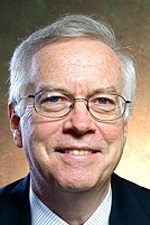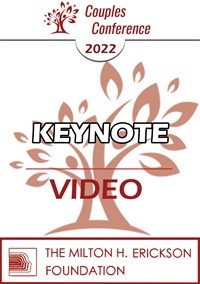CC22 Keynote 01 - Common Factors and Best Practice that Characterize Effective Couples Therapy - William Doherty, PhD
- Average Rating:
- Not yet rated
- Topic Areas:
- Keynotes | Therapeutic Relationship | Therapist Development | Couples Therapy
- Categories:
- Couples Conference | Couples Conference 2022 | Pioneers in Couples and Family Therapy
- Faculty:
- William Doherty, PhD
- Course Levels:
- Master Degree or Higher in Health-Related Field
- Duration:
- 57:40
- Format:
- Audio and Video
- Original Program Date:
- Jun 24, 2022
- License:
- Never Expires.
Description
Description: In this golden age for models of couples therapy, therapists may wonder if they should be practicing the “one best model.” The research is clear that couples therapy models that have been tested are about equally effective, and that there are a number of key ingredients in any effective way to practice couples therapy. The presenter will describe these key ingredients that cut across models and some skills necessary to practice any model. He will argue that since this therapy is about improving relationships, the relationships we establish with our couple clients—balanced, caring, and sometimes challenging—are the heart of what we have to do well.
Learning Objectives:
1. Participants identify what outcome research says about the effectiveness of different models of couples therapy.
2. They describe research-based common elements in successful couples therapy approaches.
3. They discuss several basic skills that cut across successful approaches to couples therapy.
4. They describe the challenges of creating clinical relationships in couples therapy and ways to address those challenges.
Credits
Handouts
| Timestamped Transcript (792.5 KB) | 17 Pages | Available after Purchase |
| Ericksonian Learning Snapshot (242.2 KB) | 2 Pages | Available after Purchase |
Faculty

William Doherty, PhD Related Seminars and Products
William J. Doherty is an educator, researcher, therapist, speaker, author, consultant, and community organizer. He is Professor and Director of the Marriage and Family Therapy Program in the Department of Family Social Science, College of Education and Human Development, at the University of Minnesota, where he is also an adjunct Professor in the Department of Family Medicine and Community Health.


